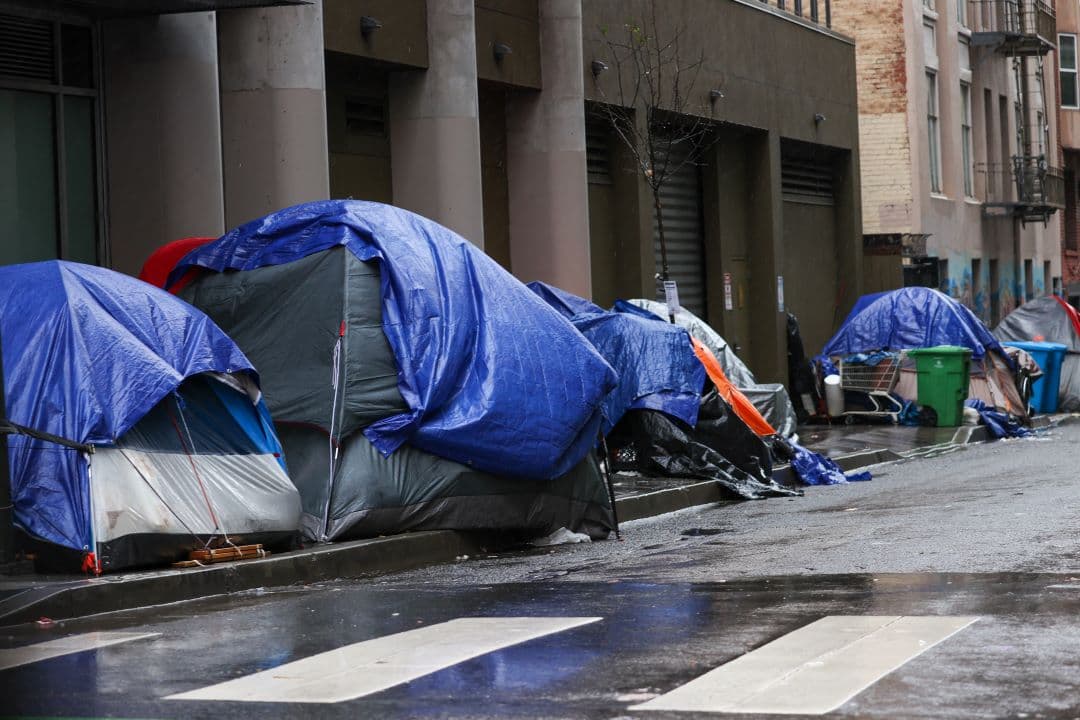San Francisco's $846 Million Homelessness Budget Under Scrutiny Amidst Ongoing Urban Challenges

San Francisco continues to grapple with pervasive issues of homelessness, drug use, and public order, fueling a contentious political debate over the effectiveness of current strategies. The city has allocated a substantial $846 million to address its homelessness crisis for the fiscal year 2024-2025, yet public perception and observable street conditions remain a significant concern.
The visible presence of tent encampments and open drug use has drawn widespread attention, impacting the city's image and prompting calls for more decisive action. Recent data indicates that while the number of tents has decreased, the overall homeless population continues to rise, reaching approximately 8,300 individuals in January 2024. This persistent challenge has led to public frustration and a desire for tangible improvements.
Mayor Daniel Lurie, who took office after London Breed, has emphasized a "get-tough" approach, focusing on reclaiming public spaces and connecting individuals with treatment and housing. His "Breaking the Cycle" initiative aims to fundamentally transform the city's response, moving towards more mandated treatment and recovery beds. This strategy has been met with mixed reactions; while some residents welcome stricter enforcement, advocates for the unhoused express concern that such measures merely displace individuals without addressing underlying issues.
The city has also introduced changes to its 311 app, allowing residents to more easily report encampments and individuals in distress, a move that has been criticized by some as creating a "complaint-based system" rather than a solution-oriented one. Critics, such as Stephen Martin-Pinto, suggest that political resistance to external intervention stems from a fear of exposing perceived governmental "incompetence."
"He's not wrong, and if he did send troops and did make progress cleaning up the city, SFGov, politicians, and SF Democrats would fight him all the way because it would expose their incompetence, which is what they all fear the most," Martin-Pinto stated in a social media post.
This sentiment underscores a deeper political division within San Francisco regarding the optimal path forward. Despite significant financial investment and various programmatic shifts, the enduring visibility of urban challenges continues to fuel public discourse and demands for greater accountability from city leadership.